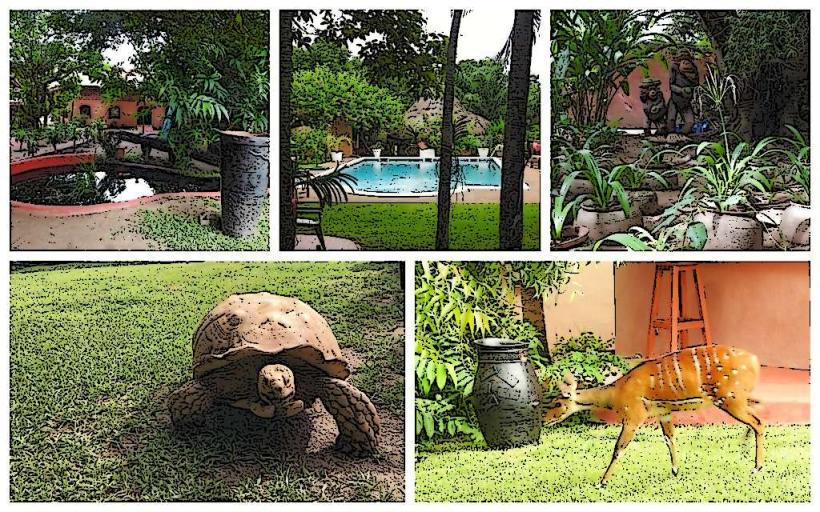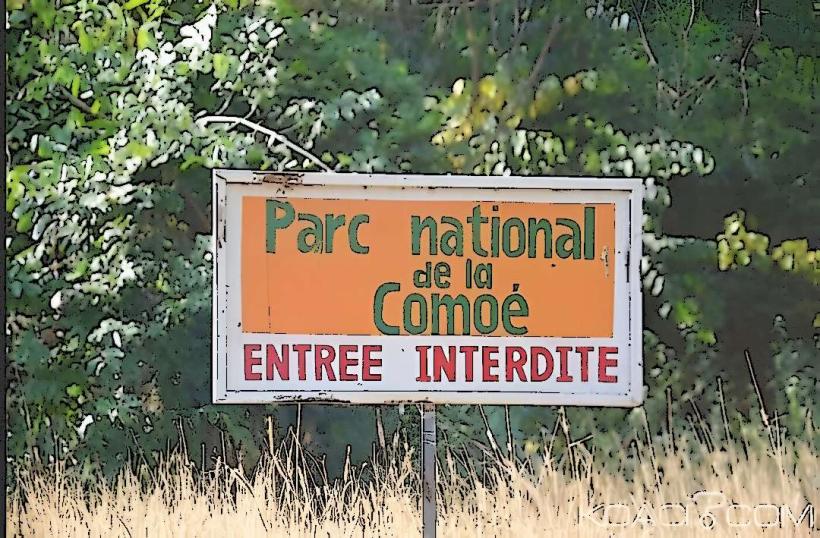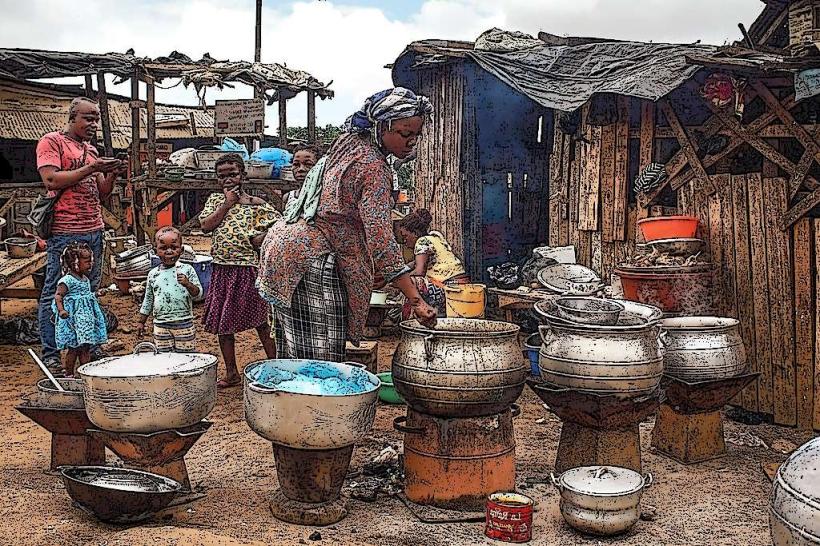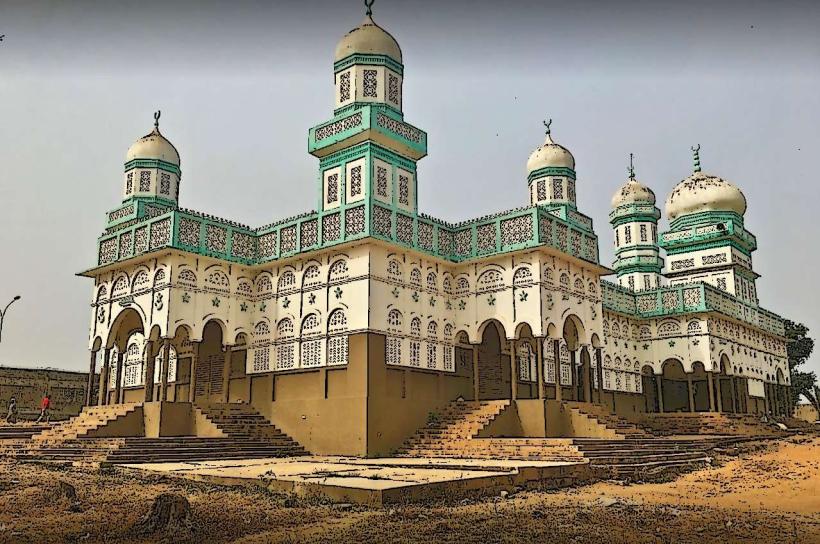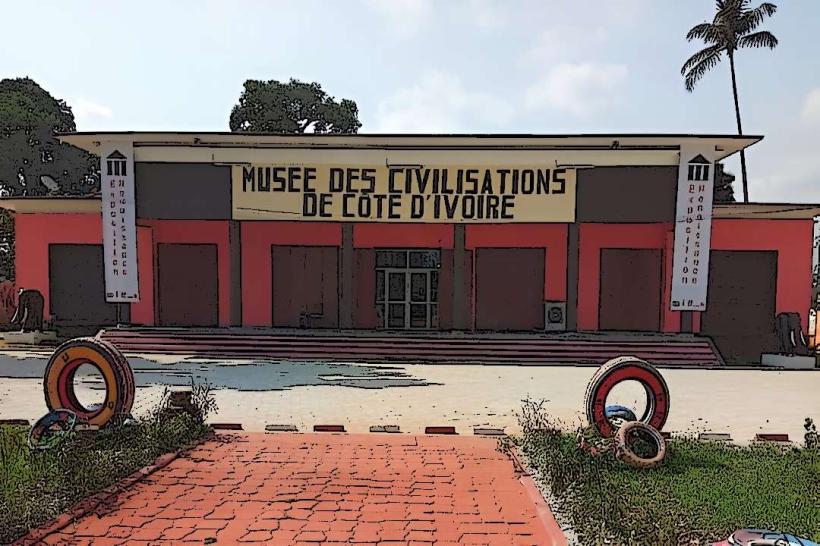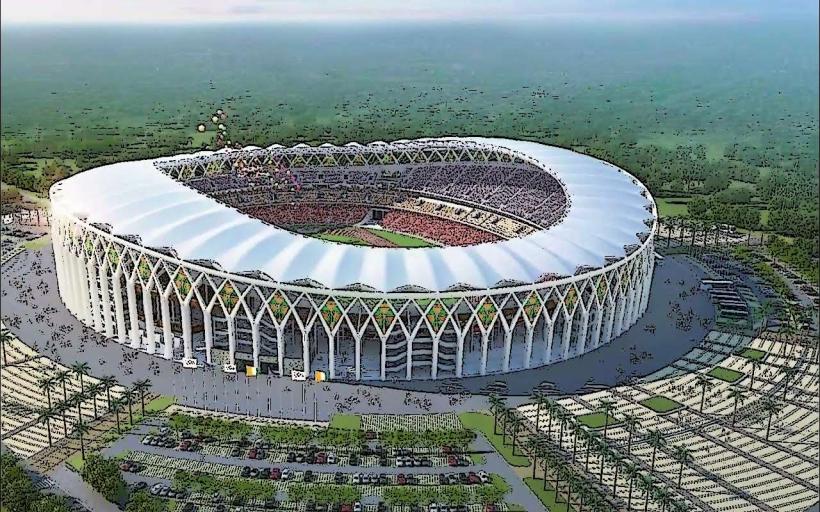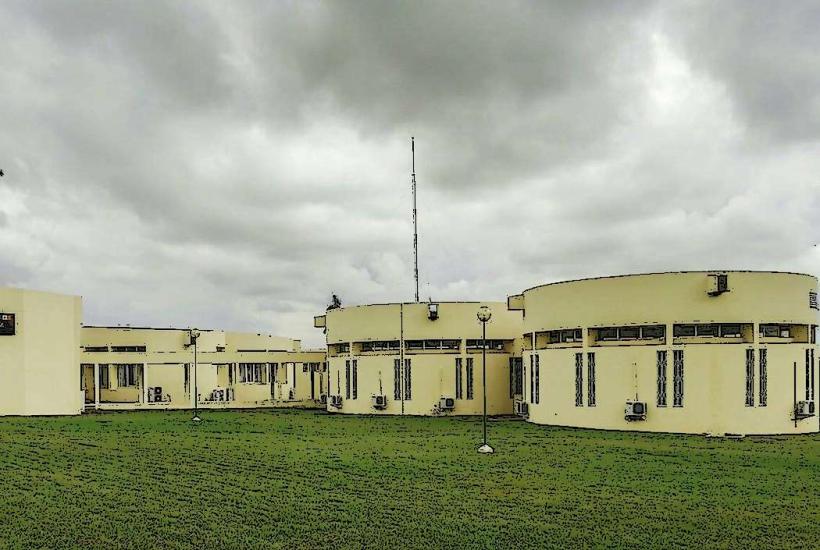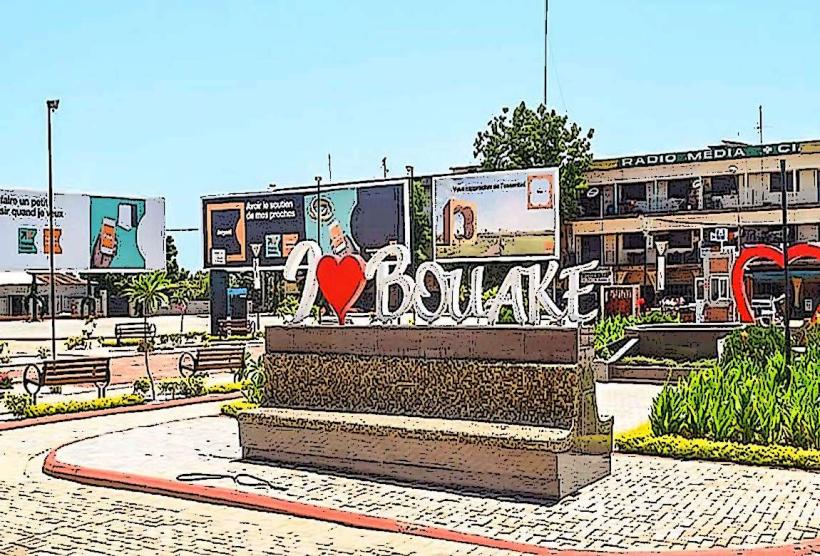Information
City: BouakeCountry: Cote d-Ivoire
Continent: Africa
Bouake, Cote d-Ivoire, Africa
Bouaké is the second-largest city in Côte d'Ivoire and the primary commercial and transportation crossroads for the nation's interior. It is centrally located in the Vallée du Bandama district, serving as the northern gateway to the country’s agricultural heartland.
Historical Timeline
Bouaké was established as a French military post in 1899. It evolved from a colonial garrison into an autonomous municipality in 1969, following the completion of the Abidjan-Niger railway in 1912. The most significant architectural and political reconstruction followed the 2002–2011 civil war, during which the city served as the rebel headquarters for the Forces Nouvelles. The primary event shaping its current urban form was the post-2011 state-led "Reconstruction Phase," which prioritized the repaving of the central road network and the return of administrative services from Abidjan.
Demographics & Population
The estimated population of the Bouaké metropolitan area for 2026 is 895,000, with an urban center population of approximately 810,000. The top three ethnic demographics are the Baoulé (indigenous), Malinké (Dioula), and Senoufo. The median age of the population is 19.3 years.
Urban Layout & Key Districts
The city is organized around a monocentric grid that converges on the central marketplace and railway station. Key districts include Commerce (the central business and retail hub), Kennedy and Nimbo (upscale residential areas in the north/west), and N'Gattakro (traditional residential). The city is spatially divided by the national A3 highway, which acts as the primary north-south artery connecting the coastal south to the savanna north.
Top City Landmarks
Stade de la Paix (Peace Stadium)
Cathédrale Sainte-Thérèse de Bouaké
The Great Mosque of Bouaké
Centre Culturel Jacques Aka
The Gonfreville Textile Mill (historic industrial site)
Transportation Network
Intra-city transit is dominated by motorcycles (54% modal share) and orange private taxis. There are no metro or tram systems. Ride-sharing is largely informal, though Yango has begun limited expansion. Official shared taxis (woro-woro) are identified by their yellow paint. Traffic density is high at the "Corridor" checkpoints and the central market, where tricycles and cargo vans frequently obstruct the narrow secondary road network.
Safety & "Red Zones"
The general safety level is moderate, though security is sensitive due to its history as a military epicenter. Specific neighborhoods to avoid at night include large segments of Air France and certain zones in Abobo-Baoulé. Highway banditry ("coupeurs de route") is a documented risk on the road between Bouaké and Korhogo. Travelers should avoid large crowds near military barracks.
Digital & Financial Infrastructure
The average internet speed is 20-30 Mbps. Main mobile carriers are Orange, MTN, and Moov. Card acceptance is low, primarily restricted to large hotels and the supermarket chains (e.g., Casino). ATMs are concentrated in the Commerce district and near the major bus terminals.
Climate & Air Quality
Temperatures range from 21°C to 34°C. The wet season (March–October) is oppressive with frequent cloud cover, while the dry season (November–February) is muggy. Air quality is poor during the January Harmattan due to high concentrations of Saharan dust. The hottest month is February, with highs frequently reaching 35°C.
Culture & Social Norms
Tipping is not mandatory but 5-10% is customary in sit-down restaurants. Handshakes are the standard greeting; the use of the right hand for all social exchanges is strictly required. Dress codes are conservative; modest clothing covering shoulders is expected. Public smoking is restricted, and while alcohol is sold in "Maquis," it is rarely consumed in predominantly Muslim residential zones.
Accommodation Zones
Nimbo/Kennedy: Recommended for quiet stays, better security, and access to the more modern hotel establishments.
City Center (Commerce): Recommended for logistics, proximity to the railway station, and walking access to the central market.
Local Cost Index
1 Espresso: 1,300 CFA ($2.15 USD)
1 Standard Lunch (Attiéké/Poisson): 4,000 CFA ($6.60 USD)
1 Shared Taxi (Woro-woro) Ticket: 250 CFA ($0.41 USD)
Nearby Day Trips
Lake Kossou (Hydroelectric Dam): 52 km
Yamoussoukro (Political Capital): 106 km
Katiola (Pottery center): 55 km
Marabadiassa (Wildlife and nature): 75 km
Facts & Legends
Bouaké is famously known as the "City of the Carnival," an annual festival that survived the civil war as a symbol of local resilience. An urban legend persists regarding the "Baobab of the Rebels," a specific tree in the city center where spirits were allegedly consulted during the 2002 uprising to protect the city from aerial bombardment. Historically, the city’s textile mill, Gonfreville, was the first of its kind in French West Africa (est. 1922), leading to a local myth that the fabric produced there possessed protective qualities for those traveling north into the Sahel.

